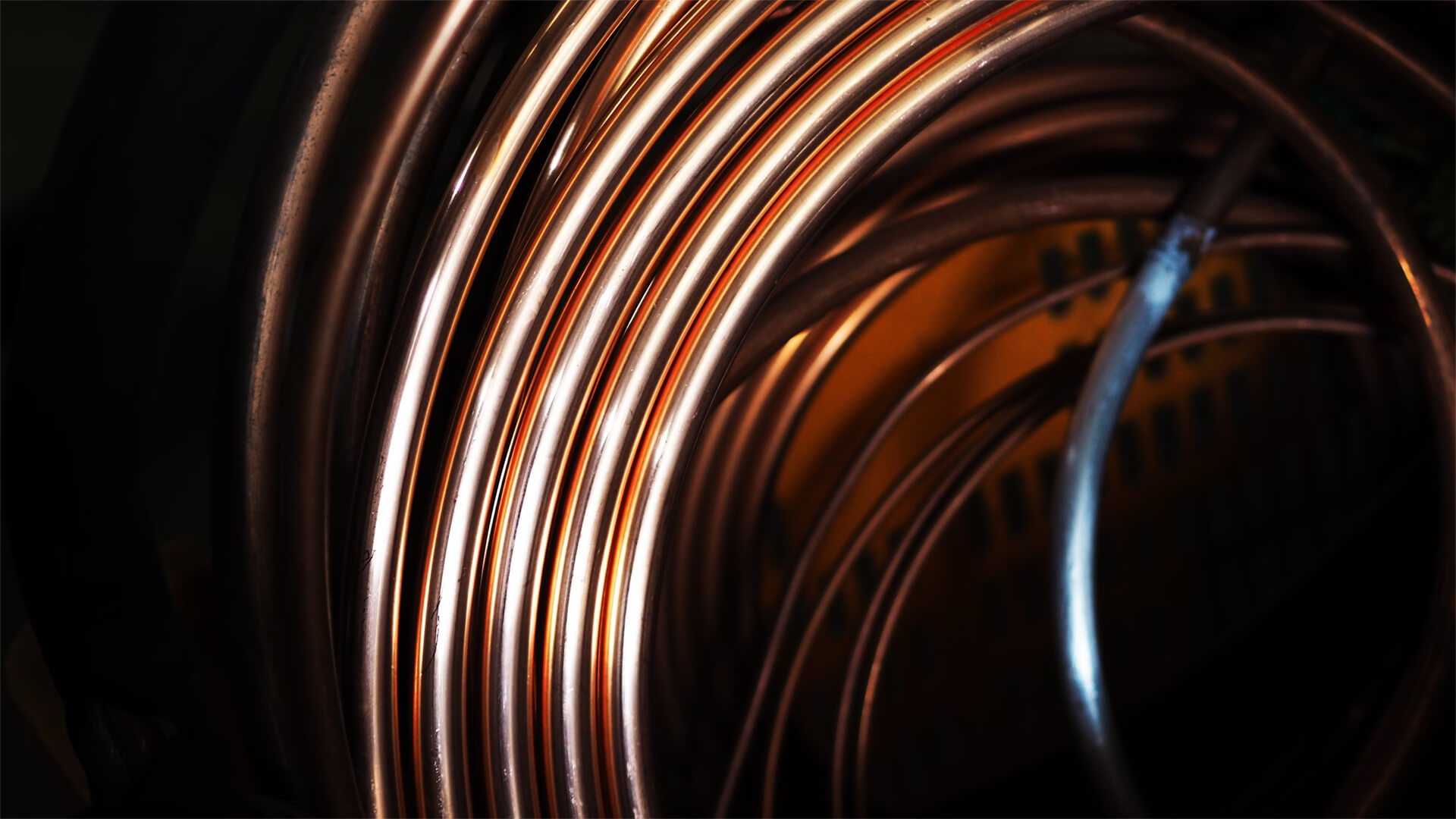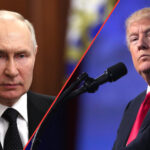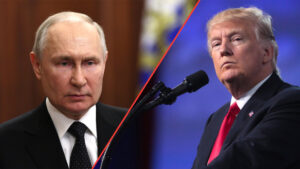I know it feels like we’re all trapped in a Sisyphean nightmare with all the discussions of tariffs, but don’t shoot the messenger. Trump’s latest move is a 50% tariff on copper imports is going to do a lot of harm.
You all know that the US needs to build out its industrial capacity in the face of deglobalization, and copper happens to be an important part of that. Building domestic copper production would take over a decade and all these pesky tariffs are only extending that timeline.
Transcript
Hey, all Peter Zeihan here come from Colorado… hiking season. Unfortunately, I can still get the news, so I know that we now have a 50% tariff courtesy of Donald Trump. That is going to be coming to copper imports beginning on August 1st. Let’s say that you are someone who is really concerned about the US copper industry.
I am not. I’m really not. But if you are, there are a few things that you do before you get larger volumes of copper from domestic production. Number one, you go out and explore to find the deposit you’re after. Number two, you build physical infrastructure, road and rail to get to that system that can handle heavy freight.
Third, you build a processing facility to separate the copper ore from the rest of the rock and then an intermediate processing facility to turn it to something called blister copper, which is roughly 98% pure. It gets rid of a lot of the sulfur. You then take that blister copper, and you take it to another facility that you need to build.
That’s a proper smelter that will turn it into that, you know, the reddish orange shiny stuff that you use in everything. And then copper then goes on to be in almost everything that involves electricity. So it is an important material. But putting a 50% tariff on it on the front end retards that entire process. And from start to finish, the entire process takes somewhere between 10 and 15 years.
So if your goal was to facilitate copper production, step one, would it be offer, say, tax credits for exploration? Go ahead and build the physical infrastructure and get started on the smelters. All of that is very power intensive. So you all sort of need some more electricity. By putting the tariff on the front end, you’re basically retarding the whole process rather than speeding it.
That’s a problem. One. Problem two is that the Chinese are literally dying out. And while they are big players in the copper sector, and that will have to be shut out at some point, that’s not my primary concern at this point. My primary concern is we have a limited amount of time in the United States to build out our industrial plant to prepare for the Chinese just not being there, and that means roughly doubling the size of the industrial plant.
And for that first stage, doubling the size. There are four main inputs that you need. The first one is copper that now costs 50% more than it used to or will on August 1st. The second item is steel, primarily but not exclusively for structure and interior structure support. I think I-beams that, courtesy of an existing a Trump tariff, is now 50% more than it used to be.
Third is aluminum, primarily, but not exclusively used in cladding and especially Hvac systems. That is now 60% more than it used to be because of Trump tariffs. And the fourth thing you need is a labor force that’s willing to do the construction work. Now in the United States, historically, for the last 40 years, most of that work has been done by immigrants from Mexico.
And Central America. But as you may have noticed, the Trump administration has basically launched a poll grim against illegal migrants. Now, I don’t want to get into a broad debate of the pros and cons of immigration at this moment, but let’s just talk about where this policy in its current form leads. The Trump administration wants to deport about a million people a year, which carried out for a few years, would basically remove the illegal migrant community in its entirety construction is the industry that they are most involved in.
Agriculture is number two. And what the Trump administration has discovered is that going after people who have committed crimes, it’s actually kind of hard because it’s a law enforcement issue and you have to do investigations and arrest them one at a time. That’s not going to get you to a million people. So instead, they’re going after people that they know about.
They’re going to churches. They’re revoking legal status for people who say, I’ve been brought in from Venezuela or Haiti out of economic or political persecution. They’re going to people’s court hearings where they’re going to get ruled on for a, say, a green card and arresting them before they can before the judge, because, you know, these are people where they know where they are.
So the four inputs that we need to prepare for a post China world are now more expensive. And every time the cost of something goes up, you can do less of it. So if these policies continue for any appreciable amount of time, we can test that economic boom that I’ve been talking about for years. Goodbye. Because we will not have the industrial plant that is necessary to produce the goods.
We need to continue to lead the lives that we have been leading. It’s almost as if a Russian agent was whispering things in Trump’s ear and trying to convince them to do the things that would be most against our best interests. Oh, wait.








